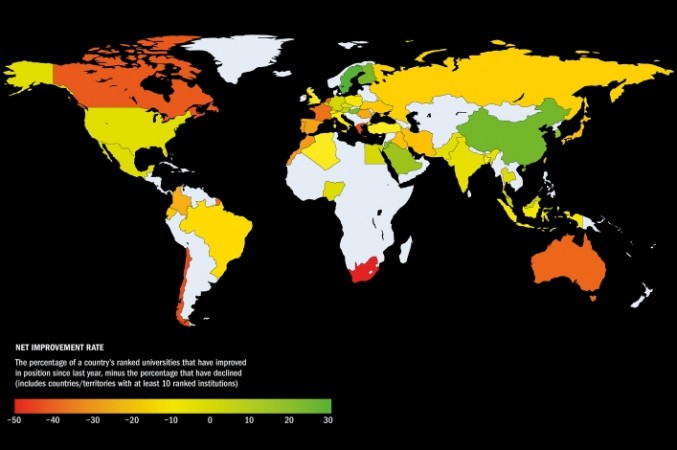
The Times Higher Education (THE) Impact Rankings 2025 have recorded an unprecedented rise in global participation, with over 2,500 universities submitting data for assessment against the United Nations' Sustainable Development Goals (SDGs). This marks an 18% increase from 2024, underscoring the growing commitment of higher education institutions worldwide to sustainability and social impact.
Africa and Asia have emerged as the leading drivers of this growth, with each region registering a 25% increase in participation compared to the previous year. Africa now boasts 287 participating universities, making it the third most-represented region after Asia and Europe. The remarkable progress continues from 2024 when 230 African universities were featured in 18 impact tables, a sharp increase from 106 institutions in 2023.
Asia remains the dominant region in the rankings, with 1,311 universities participating, accounting for more than half of all global submissions. Meanwhile, the total number of institutions ranked has reached 2,540, spanning 130 countries and territories. India leads as the most-represented country, with 148 institutions, followed closely by Pakistan (127) and the Philippines (121), the latter experiencing a staggering 95% surge in participation.
Several other countries have also demonstrated significant growth in submissions, including Angola, Azerbaijan, China, Indonesia, Kenya, and Libya. Additionally, ten nations—Benin, Botswana, Burkina Faso, El Salvador, Estonia, Maldives, Namibia, Papua New Guinea, Senegal, and Zimbabwe—have entered the rankings for the first time, highlighting the increasing global focus on sustainable development in higher education.
The Impact Rankings assess university performance across 17 SDGs, requiring institutions to submit data on SDG 17 (Partnerships for the Goals) along with at least three other goals to be ranked. SDG 4 (Quality Education) continues to attract the highest number of submissions, with 1,991 universities participating. This is followed by SDG 3 (Good Health and Well-Being) with 1,801 submissions and SDG 5 (Gender Equality) with 1,566. These three categories have consistently seen the highest engagement over the past four years.
Regional trends indicate that universities in Asia and Africa have been particularly active in submitting data for education, health, gender equality, and poverty reduction. In contrast, institutions in Oceania and South America have prioritized SDG 16 (Peace, Justice, and Strong Institutions), while North American universities have shown strong engagement with SDG 10 (Reduced Inequalities).
A major advancement in the 2025 rankings is the integration of generative AI to review university submissions for the first time. This innovation aims to enhance the accuracy and consistency of assessments, ensuring a more reliable evaluation of institutions’ contributions to sustainable development.
The official unveiling of the Impact Rankings 2025 will take place at THE’s Global Sustainable Development Congress, scheduled for June 16-19 in Istanbul, Turkey. The event is expected to provide valuable insights into how universities worldwide are advancing sustainability and contributing to global development goals.
Article by RB Correspodent
Photo/Google

Comment